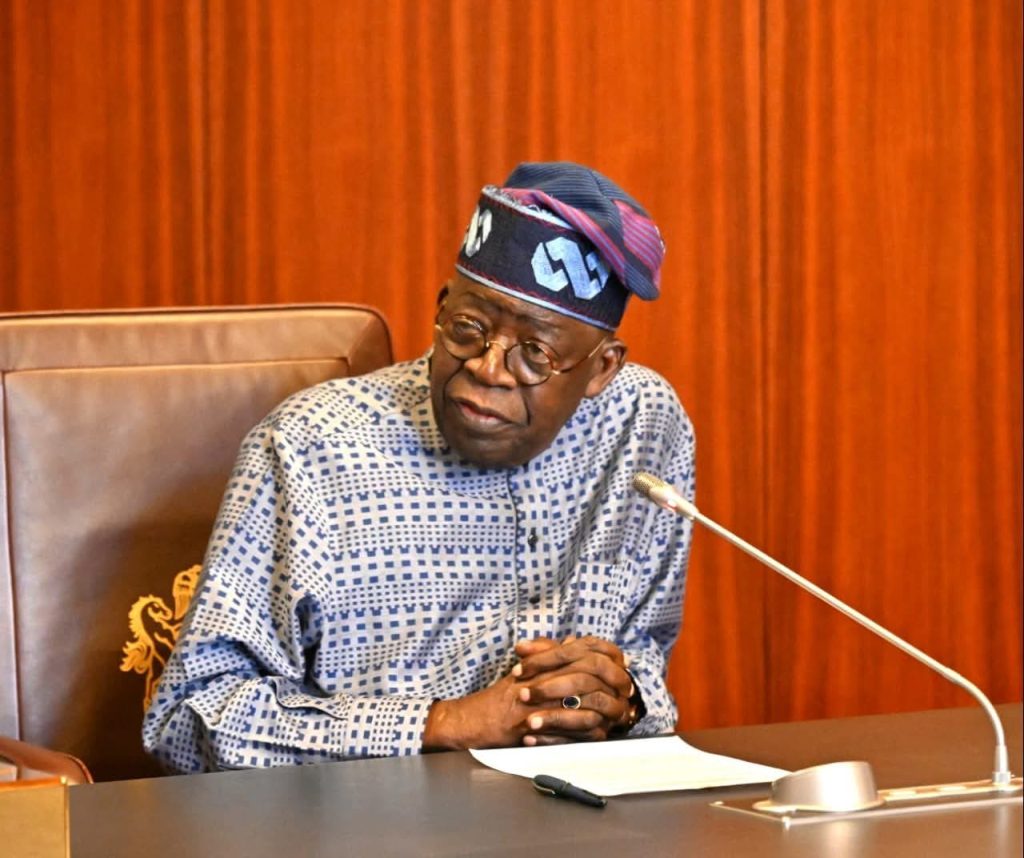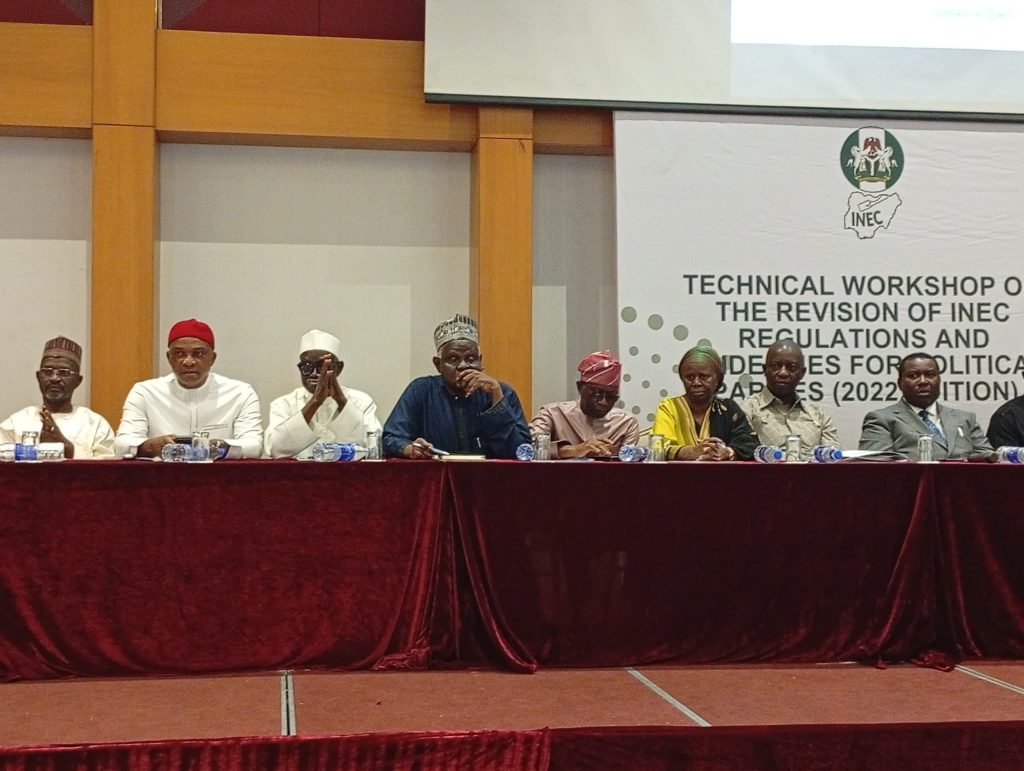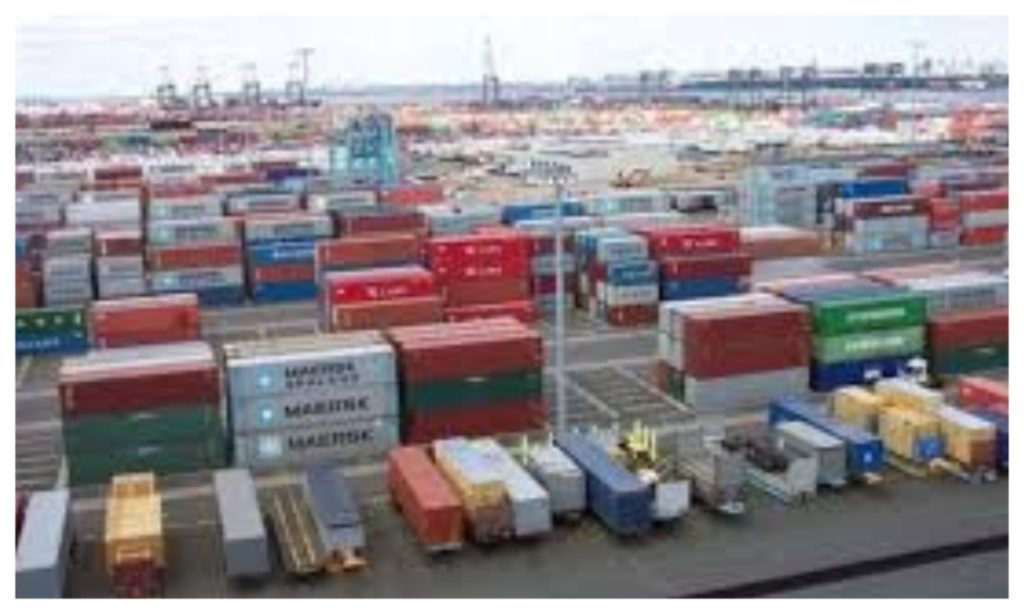Nigeria’s government has reaffirmed its commitment to upholding press freedom, with the Minister of Information and National Orientation, Mohammed Idris, stating that President Bola Ahmed Tinubu views the media as a critical partner in fostering democracy and national development. Speaking at the annual Blueprint Newspaper Lecture, Impact Series, and Awards in Abuja, Idris underscored Tinubu’s mandate for media professionals to operate independently while urging responsible journalism amid societal challenges.
During the event, which drew journalists and civic leaders on Tuesday, Idris emphasized that the president has consistently prioritized the media’s role in governance. Citing direct instructions from Tinubu, he noted, “He knows that the media is crucial in nation-building and has told me repeatedly to perform my duties professionally, without interference.” The minister clarified that the administration has no plans to curb press operations, acknowledging journalism’s importance in maintaining national unity and accountability.
“President Tinubu will not stifle the media in any form,” Idris declared. “However, media practitioners must navigate a delicate balance: holding power to account while ensuring their work does not fracture societal cohesion.” His remarks addressed growing concerns about misinformation and polarization, issues he described as particularly pressing in Nigeria’s diverse and dynamic landscape.
Idris urged journalists to distinguish between constructive criticism and content that could exacerbate divisions or threaten stability. “The media holds a vantage position, but without care, its actions risk harming the society it seeks to serve,” he cautioned. His comments reflect broader debates within Nigeria, where press freedoms are constitutionally protected yet occasionally tested by political and social tensions.
Despite acknowledging challenges—including economic pressures and ethical dilemmas—Idris expressed confidence in Nigerian journalism’s resilience and adaptability. “The media here continues to evolve, demonstrating remarkable strength even in difficult times,” he said, calling for collaboration between the government and press to advance transparency and public trust.
Addressing his professional background, the minister clarified he stepped down as Chairman of Blueprint Newspapers upon his ministerial appointment to avoid conflicts of interest. “I am no longer affiliated with Blueprint’s leadership, though I’ve supported this event since its inception 14 years ago,” he stated, stressing his current role as an attendee rather than an organizer.
The minister’s speech resonated with advocates of press freedom, who view sustained government-media collaboration as vital to Nigeria’s democratic progress. His dual message—affirming institutional support while urging caution in reporting—highlights the complex realities of journalism in a nation navigating both development and division. As Tinubu’s administration approaches its first anniversary, observers note that the media’s ability to operate freely and responsibly will remain a barometer for Nigeria’s democratic health.



